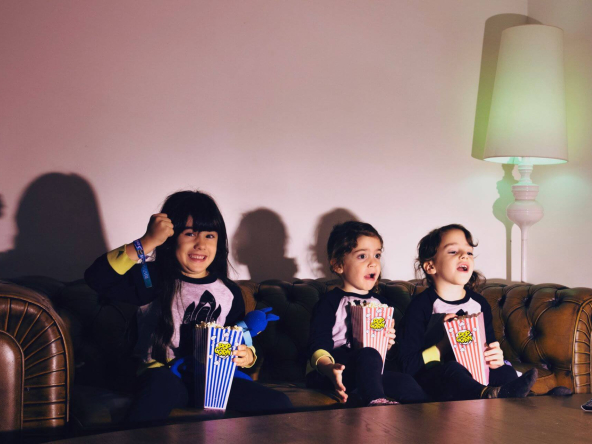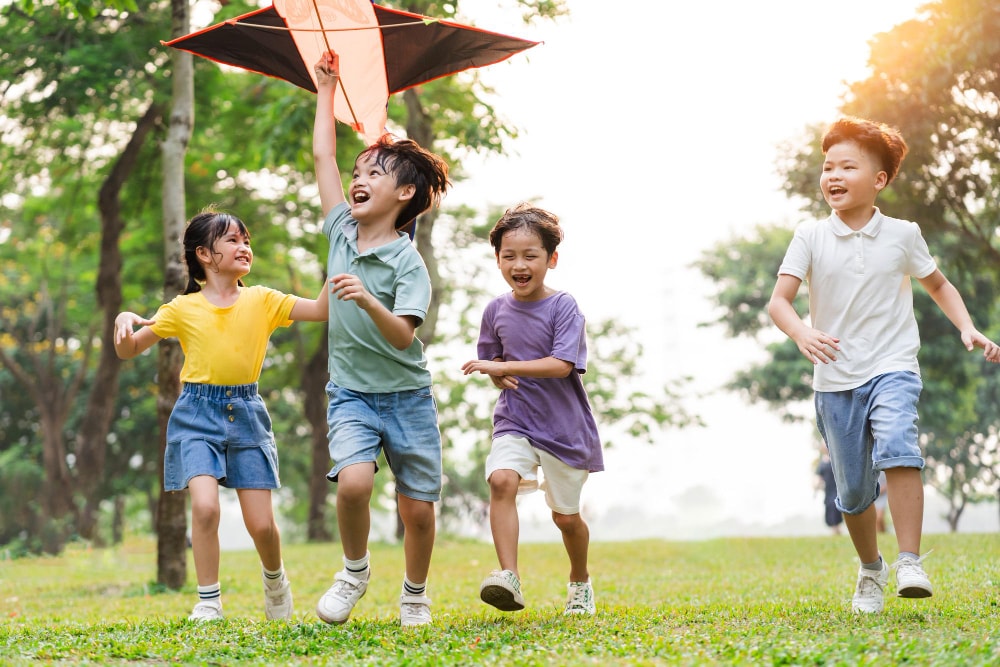
In Filipino culture, barkadahan—or having a group of close friends—is a cherished part of growing up. For children, friendships are more than just shared games or secrets—they’re crucial to child development, emotional well-being, and social skills.
Learning how to interact, share, cooperate, and resolve disagreements with other children shapes how kids will build relationships later in life. For many children, these early bonds are a source of comfort, confidence, and joy.

The Importance of Friendships in Childhood
Role of friendship in building social development
For preschool children and school-age kids alike, forming friendships plays a significant role in building social development. Having friends improves mental health, reduces social anxiety, and gives children a sense of belonging. Kids who have good friends are often more resilient, less stressed, and more motivated in school.
Building confidence through social skills and connections
Social connections also help kids learn small talk, eye contact, and the give-and-take of social situations. These skills not only boost confidence but help in navigating more complex relationships and mental health challenges as they grow older.
However, not all kids find it easy to make friends. Introverted children, those who prefer their own company, or kids with trouble making friends may struggle to initiate or maintain relationships.
In these cases, helping kids make friends becomes a crucial part of parenting—something Filipino families can support deeply, thanks to our close-knit, community-oriented culture.
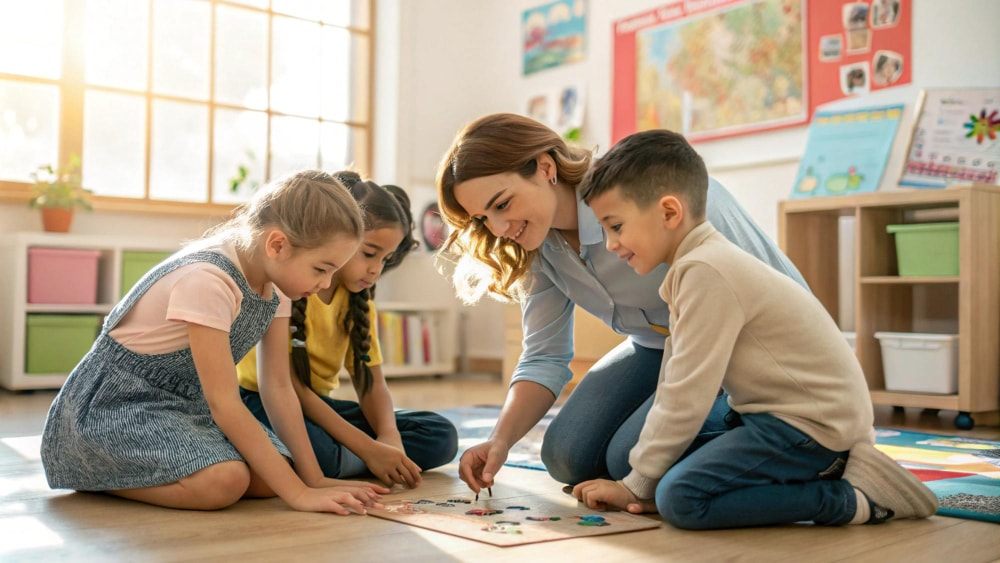
How Filipino Families Can Help Kids Make Friends
Whether your child is outgoing or reserved, there are meaningful ways parents can support kids making friends.
Here’s how you can encourage social interactions, improve friendship skills, and turn every moment into a learning opportunity.
1. Be a Role Model of Good Social Behavior
Like most things, children learn social skills by example. Leading by example is one of the best ways you can teach them friendship skills without being too rigid.
When they see their parents warmly greeting neighbors, engaging in small talk, spending quality time with their own friends, and showing empathy, they internalize these behaviors.
Show them how to listen and be aware of other people; take turns, problem-solve, and manage disagreements calmly. Demonstrating how to maintain positive experiences with others teaches kids how to build friendships.

2. Talk Openly About Friendships
Initiate conversations about what it means to be a good friend through role-playing.
Ask questions like, “What do you like about your classmates?” or “Did you help other children today?” These talks help your child learn what makes a strong friendship and how to identify potential friends.
Consistent practice will build confidence in your child and will allow them to be more comfortable sharing challenges they may face in social skills.
If your child has trouble making friends, talk about why that might be and assure them it’s okay—many kids feel the same way at some point.
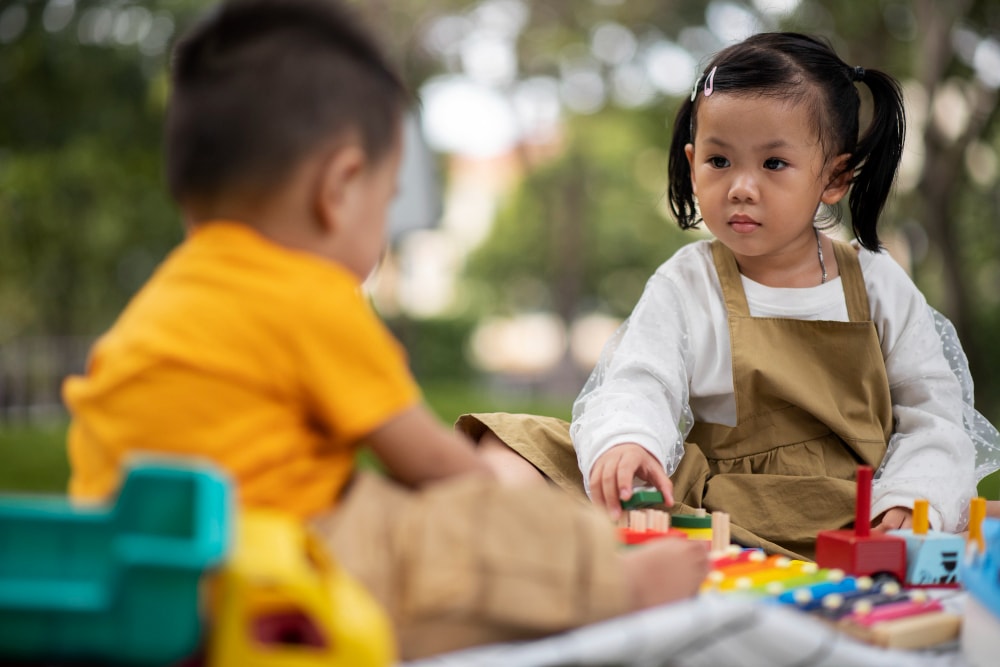
3. Organize Play Dates and Social Activities with Other Kids
In Filipino families, weekends are often filled with gatherings. These could help your child learn to socialize and play with their peers.
Use these times to arrange play dates with other children around the same age, especially those from your child’s school or neighborhood.
These casual, low-pressure environments allow kids to bond over fun and common interests. Include cooperative activities like games, storytelling, or baking, which encourage sharing and taking turns—key social skills in forming friendships.
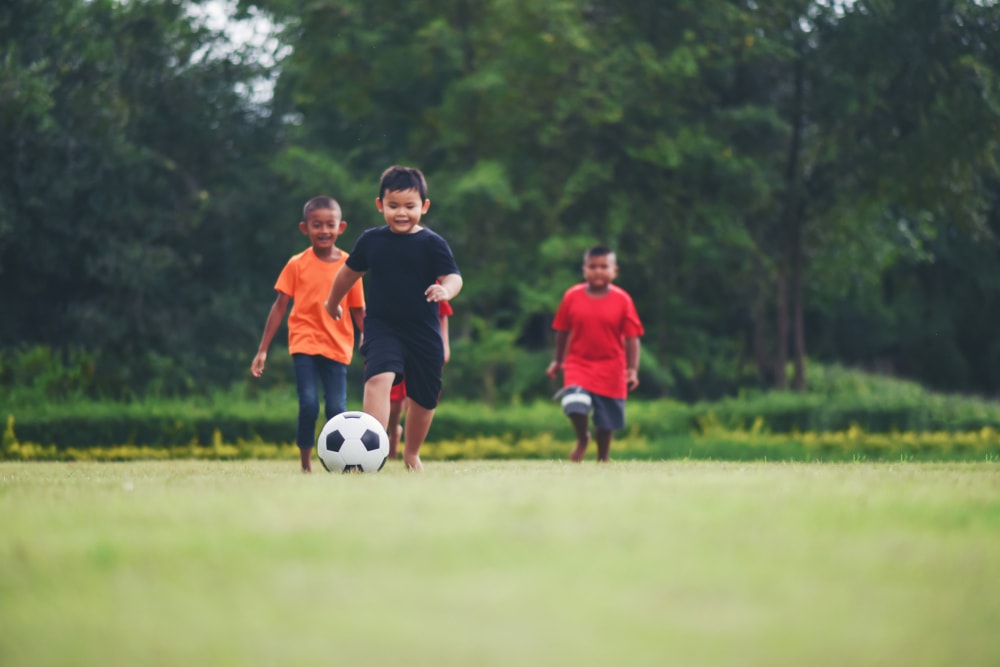
4. Encourage Involvement in Extracurriculars
Joining clubs, sports teams, or music classes provides regular opportunities to build skills and provide chances for social interactions. Extracurricular activities are great opportunities for forming friendships and having conversations.
These settings expose your child to other kids who share their interests, making it easier to form new friends.
Whether it’s school-based or community-organized, other activities can help develop social skills in a structured yet enjoyable environment.
5. Coach Your Child in Social Situations
Some kids may need help with conversation basics, such as saying hello, maintaining eye contact, or asking someone to play.
Use role-playing at home to practice introductions, asking questions, or dealing with rejection. For example, simulate scenarios where your child wants to play with a group of other students at school or invite a classmate to a birthday party.
For introverted children, encourage smaller, more intimate gatherings. Big groups might be overwhelming, so help your child focus on building one or two meaningful friendships at a time.
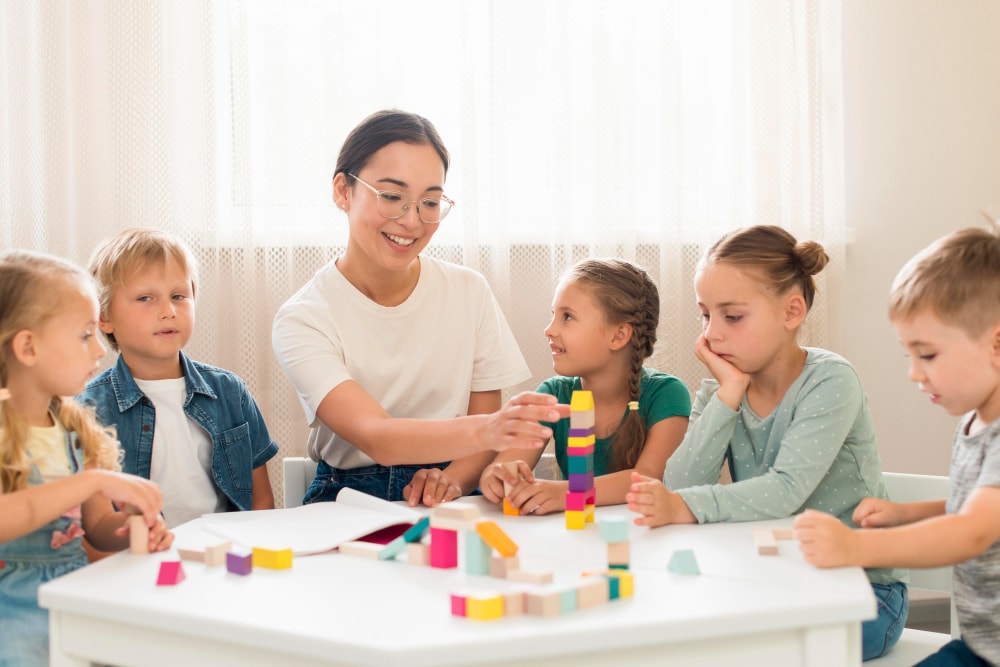
Image source: https://www.freepik.com/premium-photo/woman-teaching-kids-how-play-with-colorful-game-class_9570639.htm
6. Work With Your Child’s Teacher
Teachers are valuable allies in helping kids make friends, especially in a school setting.
If your child seems to be struggling socially, schedule a talk with your child’s teacher to get insights on how they interact with peers.
They may suggest classroom strategies or identify potential friends with similar personalities or common interests. They could even give you tips on how to practice interacting with your child’s age group.
7. Support and Encourage, But Don’t Force
While it’s natural to worry when your child seems isolated, forcing social interactions can backfire.
Respect your child’s pace and comfort level, especially if they enjoy their own company. Instead, provide opportunities and gently encourage participation. Over time, as their confidence builds, they will become more open to spending time with new friends.

8. Celebrate Positive Social Experiences
After a successful play date or a friendly interaction at school, celebrate the moment. Highlight what went well: “You shared your toy so nicely!” or “That was kind of you to ask him to join.”
These affirmations reinforce good behavior and motivate them to keep engaging with other kids.
9. Help Them Resolve Conflicts
All friendships face challenges. When disagreements arise, guide your child in learning how to problem-solve and resolve conflicts constructively. Teach and practice phrases like “I feel upset when…” or “Can we talk about what happened?”
These tools prepare them for the inevitable bumps on the road to meaningful social connections.
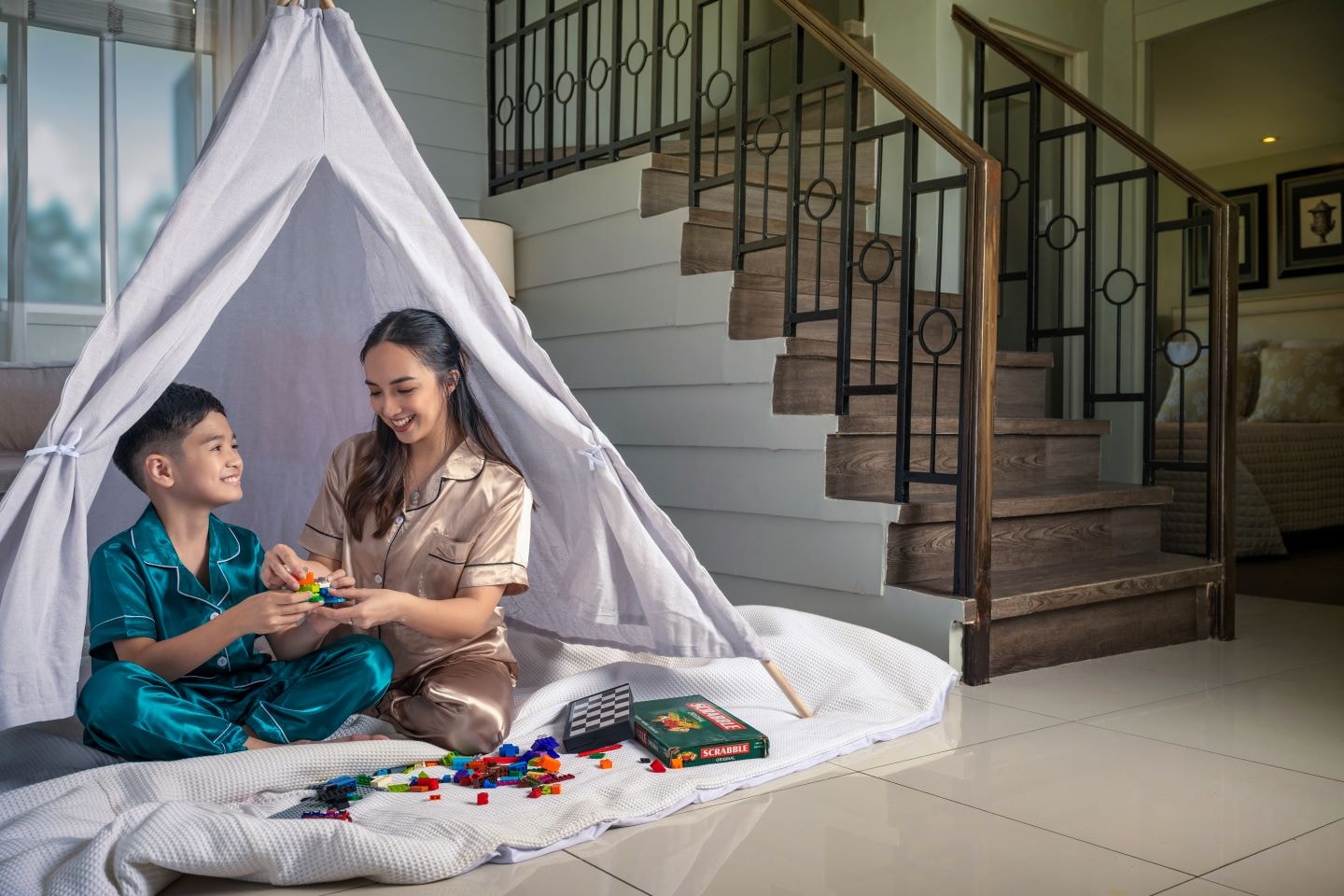
Help Your Child Befriend the World, Start in Camella
In Filipino society, where family is central and community ties are strong, we’re in a great position to nurture our children’s friendship skills.
From casual weekend gatherings to conversations during free time, every moment is a chance to teach, model, and support social development. For residents of Camella developments, there are several ways children can interact with each other and develop lifelong, barkadahan-type friendships.
Each Camella project isn’t just a master-planned neighborhood—it’s a well-cultivated community. Camella communities provide opportunities for social skills to develop.
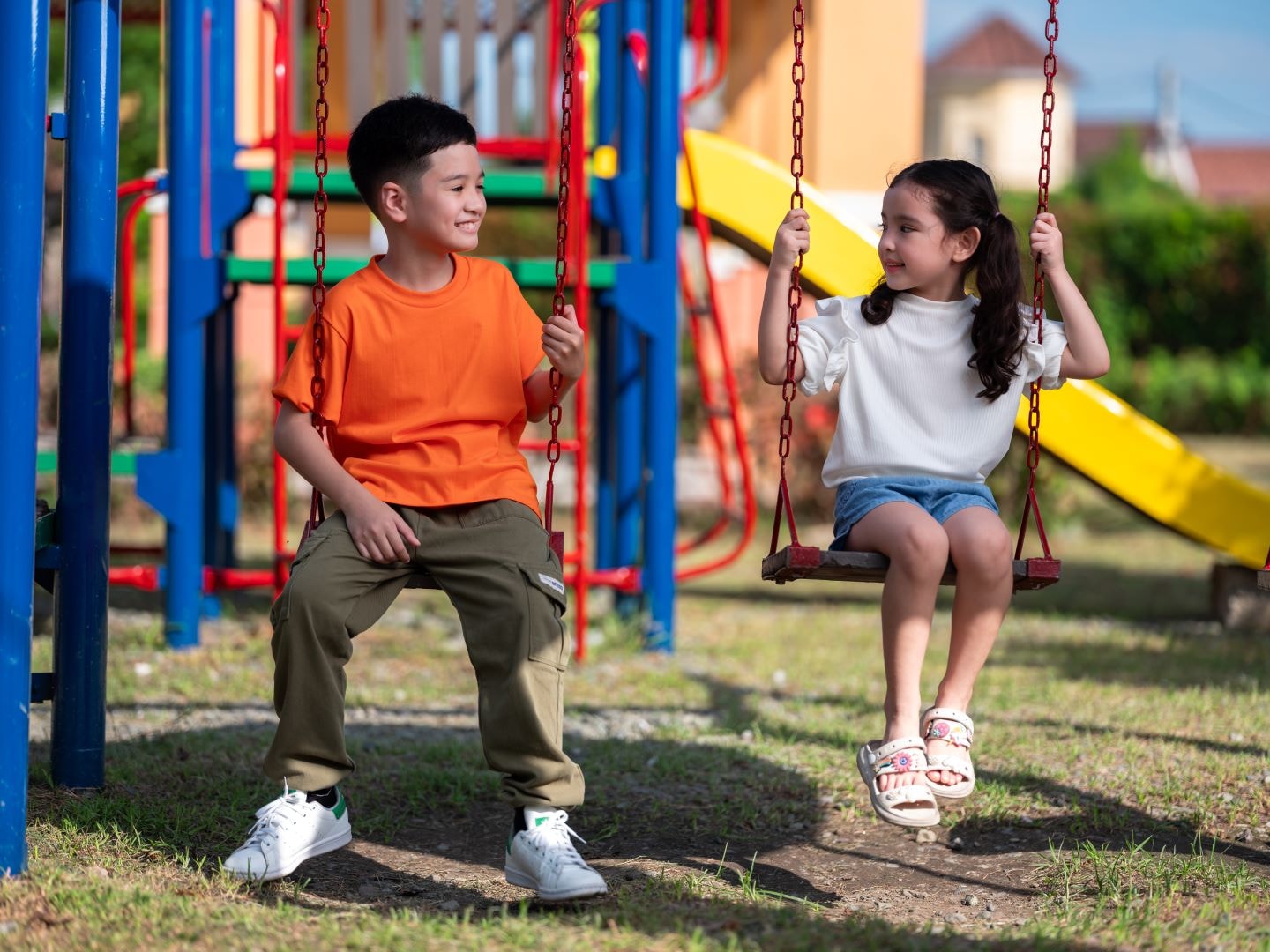
For instance, your child can build friendships in Camella’s play areas and clubhouses where community members come together to socialize and build relationships.
Helping kids make friends isn’t about popularity, it’s about guiding them toward kindness, empathy, and genuine connection.
Whether your child is the life of the party or a quiet observer, your love, support, and involvement can make all the difference in building bridges that last a lifetime.
Let’s continue to teach and raise a generation that knows not only how to make friends, but how to be one.

Celebrate Life’s Milestones in Camella!
House and Lot & Condominium for Sale in the Philippines

